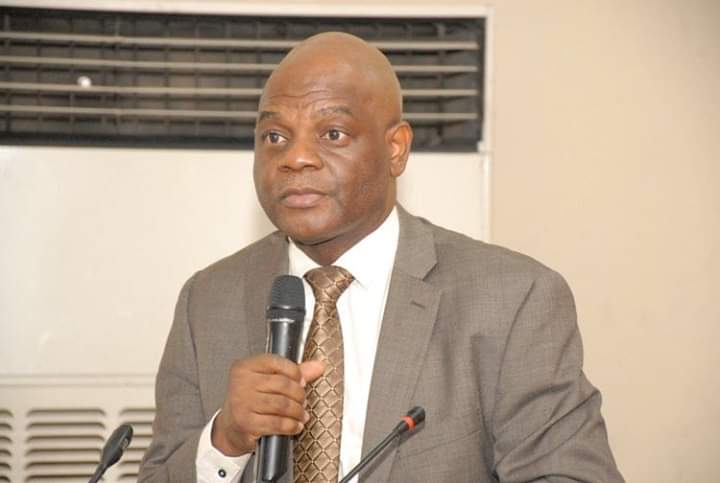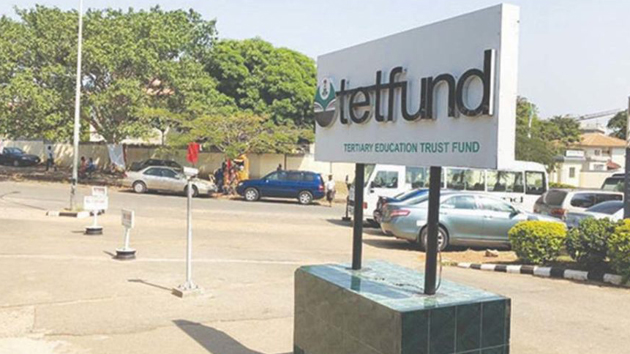The executive secretary of the Tertiary Education Trust Fund (TetFund), Sonny Echono, stated on Friday that TetFund provided N1,838,747,307,222.98 in funding for higher education in Nigeria between 2011 and 2024.
“The colleges of education received N 458,953,118,498.70, polytechnics received N461,060,365,586.06, and universities received N918,733,823,138.22, for a total of N1,838,747,307,222.98,” stated Echono.
He clarified that, among other things, the intervention monies were utilised to assist research, academic training, and capacity building, as well as to strengthen the nation’s higher institutions’ infrastructure.
For example, he stated, “It is estimated that from 2011 to the present, over 152,838 infrastructure projects have been carried out across various public tertiary institutions.”
“These projects include the construction of Senate buildings, lecture halls, classrooms, offices, dormitories, libraries, laboratories, road networks, water and power supply and distribution, and perimeter fencing of institutions, among other things.”
This information was revealed by Echono during his speech at the 34th Olabisi Onabanjo University convocation in Ago-Iwoye on Friday.
“TetFund and Educational Development in Nigeria: The Treasures and the Future” was the topic of the Executive Secretary’s talk.

Additionally, according to Echono, the TETFund has authorised nearly 150,000 academic and non-academic personnel for conferences and seminars, among other events, and awarded scholarships to more than 42,000 scholars from Nigerian universities both domestically and abroad.
The Executive Secretary attributed the 1993 creation of TetFund by Gen. Ibrahim Babangida’s (retd.) military regime to the country’s higher institutions’ financial difficulties and infrastructure breakdown, which started in the middle of the 1980s.
However, according to Echono, the TeFund, which is financed by 3% of taxes paid by the nation’s registered businesses, was only able to support postsecondary institutions in 2011, as opposed to earlier times when primary and secondary schools also benefited.
“The impact of TETFund’s various interventions is underscored by the strategic roles tertiary education plays in providing a skilled workforce for the development of any nation,” he explained.
According to the Executive Secretary, TetFund’s success story is so great that some African countries have adopted the idea.
However, Echono stated that the “TETFund will continuously strive to attain the status of a world-class education interventionist agency and become a financial backbone for educational research efforts in Nigeria” under President Bola Tinubu’s renewed hope agenda. It will work to ensure that the creation of educational content is a powerful addition to the infrastructure growth that has occurred over the last ten years.
“It will continue to be steadfast in its commitment to research and development, innovation, and the commercialisation of research products.”


 Trending
Trending 